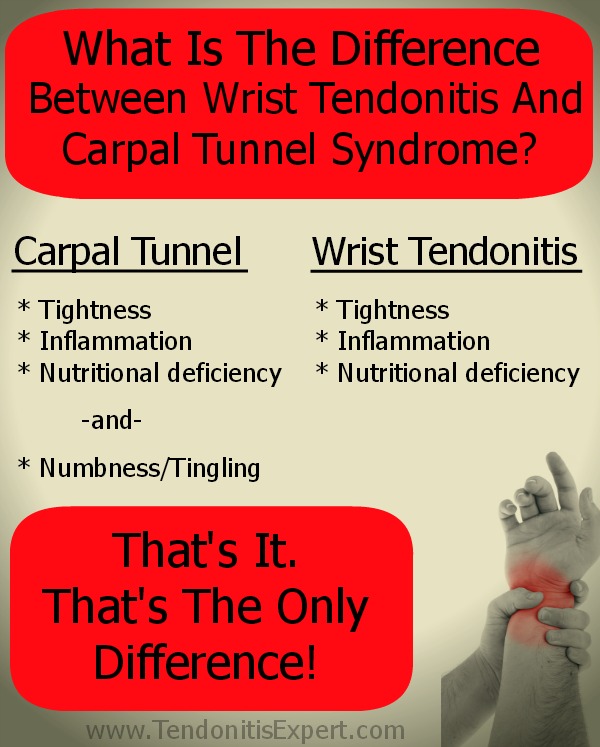Piano player tendonitis in both wrists with possible nerve damage...
by Kristen Polomoscanik
(Ellwood City, PA, USA)
My name is Kristen Polomoscanik. I am a 32 year old vocal music teacher and have been for the past 10 years. I play the piano 5 days a week for at least 3 hours a day. Most of my playing is choral accompaniments lately, but I have also played the orchestral reductions for our high school musicals. That is where the problem began...
In the Spring of 2006, I played the youth version of "Les Miserables" for the high school production. I rehearsed with students after school, through run throughs, and extra rehearsals during intermission and breaks. I must have added 4 hours of piano playing (and non stop as "Les Miserables" does not stop the music).
I noticed at night that the underside of my wrists were tingly and my fingers (pointer and middle finger) sometimes went numb - but only at night. I did not have any pain during the day or when I performed.
The next school year, I noticed that the pain was coming during my classroom rehearsals and during musical rehearsals. I did some simple wrist stretches that I used when I played the drums in high school (it seemed to temporarily relieve the pain). I also found wrist braces that gave me support but still allowed me to play.
After the 2007 school year, I resigned from my position of rehearsal pianist and accompanist for the musical. I went to a practice called Hand and Upper Ex in Wexford, PA for treatment. They diagnosed me with tendonitis in both wrists (both tendons!) and gave me elbow braces and full wrist braces with a thumb stabilizer to wear at night.
This seemed to give some relief, but I couldn't sleep well (and I took up most of the bed with the way that I had to lay to keep both arms extended with the elbow brace). They did nerve testing on me and found that I was close to having nerve damage in my left and right arms because of the swelling.
They said that they don't usually see this kind of result in someone until they are post-menopausal.
I stopped wearing the braces at night when my daughter was born in March 2009. I wasn't able to take care of her needs while wearing the braces. The school bought me a recordable keyboard to use in class. I can record everything I need to teach so that I don't have to play anything live to strain my wrists. I can record one hand at a time and play in small increments so that it does not cause me pain.
August of 2009, I had surgery on my left index finger. The tendonitis caused swelling in the top knuckle of my finger. I could not bend my finger to play the piano. So, I had surgery to relieve the pressure. It has fixed that problem, but I do have a loss of sensation on the side of the finger where the incision was made and sometimes, I have numbness on the tip of the finger.
Now, I have to wear a brace to play the piano more than 10 minutes at a time. Also, I need it if I have to do any technical passages like tremolos (rolling back and forth between 2 notes), extending the stretch of my hands with chords larger than 1 octave (8 notes on the piano), and arpeggios (playing successive notes in an ascending or descending pattern with usually 1 or 2 notes in between each note played). These patterns tend to cause me the most pain.
When I play a song for school functions (which I usually have to do 3 - 4 times a year for my job), I
Also, I have a constant swelling in my wrists - both of them on the top of my forearm along the tendon near my wrist bone (where it leads to the thumb). This swelling never goes away, and gets larger with repetitive motion/playing piano/typing on the computer.
I am young, and would like full strength and no pain in my wrists. I find that I cannot do certain exercises (pushups, yoga, etc) because of the pain that I feel in my wrists. What can I do to help the pain subside so that I may resume regular activities? I don't have the option of not playing the piano (summer is better, but I still play at least 2 times a week) to rest my wrists.
Thank you for your advice!
----
Joshua Answers:
Hello Kristen.
First off, it makes me incredibly sad that you've been treated the way you have been by individuals, clinics, surgeons, and presumably hospitals. This should have been nipped in the bud and your pain and symptoms should never have progressed like this.
Huge braces as a treatment option? You've received medical treatment by cavemen, it seems.
You never had 'nerve damage'. Some nerve compression, yes, but 'nerve damage' is a favorite of people that like the idea of surgery.
Unfortunately ou didn't need it, you were just seeing people that had no idea what they were doing.
I don't say that out of professional competitiveness. I say that because clearly they didn't help nor 'fix' you.
And no, the surgery didn't fix anything, as proven by your long list of ongoing symptoms.
So that sucks. Let's move on.
The bad news is, you've had the experiences that you've had and your symptoms etc have progressed as they have.
The good news is, assuming that surgery hasn't caused actual nerve damage by nicking a nerve, it's all 100% reversible.
So.
1. Get either Reversing Wrist Tendonitis ebook or The Carpal Tunnel Treatment That Works. I'd probably go with the Carpal Tunnel option, they've both similar but there's a couple small items in the latter that you'd benefit from.
You have a significantly entrenched chronic problem, and need a complete plan of action. There are multiple factors to deal with, and they must all be dealt with adequately.
2. Go get your Vitamin D level checked. ASAP. Today. Tomorrow.
Trust me. Just go do that. We'll talk about it when you get your results. Don't let a doctor talk you out of it, and don't listen to what they say about the results. (At this point you've had bad luck with doctors so I don't trust the next one you see will be any better.)
3. See: Magnesium for Tendonitis
With you we'll need to do some physical work, and we absolutely need to do some nutritional work. Magnesium's a big one.
Notice how your Symptoms of Tendonitis have slowly progressed over time? That's how all Tendonitis works. It's a predictable progressive mechanism, and nutrition (or lack thereof) plays a huge role.
See: What Is Tendonitis
4. Start ice dipping as described on the How To Reduce Inflammation page.
More questions, more answers.
----------------------
Please reply using the comment link below. Do not submit a new submission to answer/reply, it's too hard for me to find where it's supposed to go.
And, comments have a 3,000 character limit so you may have to comment twice.
-----------------------

Joshua Tucker, B.A., C.M.T.
The Tendonitis Expert
www.TendonitisExpert.com
| Share Your Story Achilles Tendonitis Surgery Stories Carpal Tunnel Surgery Stories Plantar Fasciitis Surgery Stories Nerve Conduction Test Stories Share YOUR stories (and horror stories!). |
Comments for Piano player tendonitis in both wrists with possible nerve damage...
|
||
|
||




